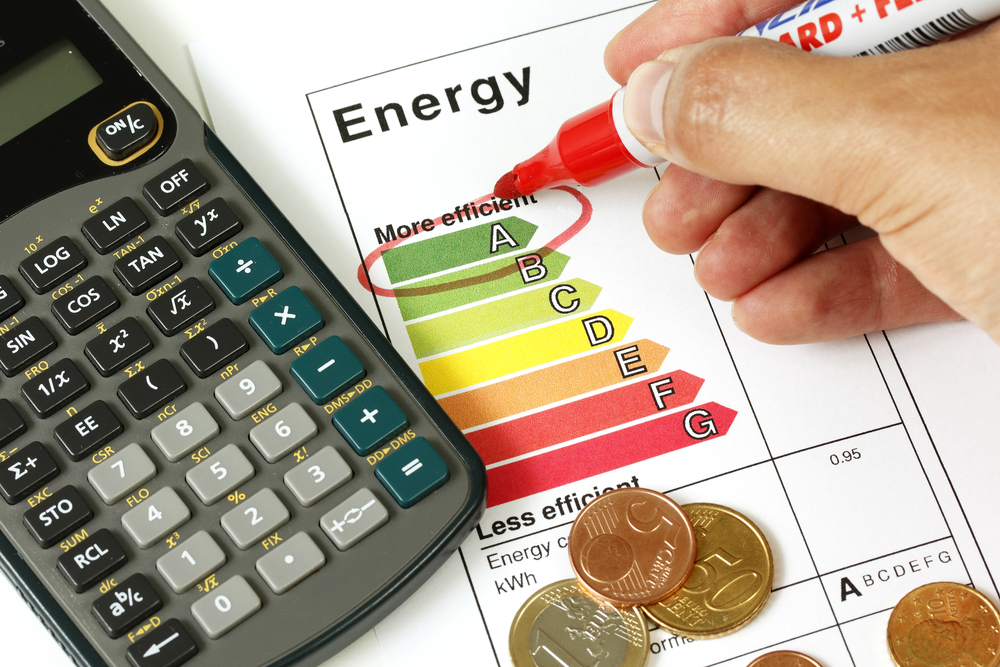Anyone who has ever moved out will tell you that running a house is expensive. Aside from the rent/mortgage payments, you need to keep up with every month, you also need to pay utility bills. Oftentimes, your bills alone can rival your accommodation costs, but unlike your rent, you have an element of control over how much you spend on your bills. If you?re spending hundreds every month on things like food, electricity, gas, water, and insurance, you could potentially shave off a good amount of money from your end total; you just need to know-how. Here are three ways you can save money on household bills. What’s more, you also need to worry about paying for home insurance. You should compare?home insurers?to find out which offer the most affordable, but comprehensive, policies.
Make a shopping list?
One of the biggest rolling expenses you will have is your food shop. We?ve all seen that extreme couponing shows where people collect vouchers and get their weekly shop for a pittance, but we?ve also seen just how much of a commitment that can be.?
Rather than going to such great lengths to save money on groceries, you can save a good amount simply by going out with a pre-prepared list. Supermarkets are feats of psychological manipulation. They strategically place desirable purchases, such as candy bars, chocolate, and various other snacks, on the end of aisles and near the checkout. These are considered impulse purchases. Supermarkets know that you can be tempted, so they place tasty offers directly in your line of sight so you can?t ignore them.?
They do this for lots of things, including dairy and meat products, not to mention cleaning supplies and adhoc items such as basic car maintenance and beauty products. If you enter the supermarket without a specific list in mind and rely on picking up items as and when you see them, you?ll quickly realize you?re spending a lot more on impulse purchases because they seem like a good deal at the time.?
Save money (and time wandering through the aisles) by arming yourself with a list. Plan out the meals you want to cook during the week, check what you already have in stock at home, and purchase only what you need at the store.?
Track your energy usage?
Energy bills are one of those things that no one likes to pay for, but that you can?t get away from. Whether you like it or not, you need to contractually pay for your electricity, gas and water usage. Typically, energy suppliers will charge you a base rate every month. They will then conduct meter readings to see exactly how much energy you?ve used. If you?ve used more than you?ve paid for, you will need to pay the difference, but if you?ve used less than you?ve paid for, you will be refunded the difference.?
The only way to really reduce your costs is to minimize your energy usage. It can be hard to know how much you?ve used if you pay a base rate fee, but you can monitor your usage by using something like an electrical efficiency calculator. This will show you what you?re using, and you can then make lifestyle adjustments like turning lights off and setting the heating to a timer. It costs more to heat a house from stone-cold than to maintain the heat at a constant level, so it?s well worth trying this and seeing if your usage goes down, along with your bills.
Change suppliers regularly?
As mentioned, energy suppliers will charge a base rate for bills. To keep costs down, switch suppliers regularly. Newcomers benefit from lower prices, so bouncing between suppliers will reduce your bills overall. This also applies to things like phone bills and cable bills, and even insurance. To save money, change suppliers every year or so.?
Summary?
Try out these three tips and see whether you?re able to save money on your bills. Do you have any tips of your own? If so, share them with us, we?d love to hear them!?

